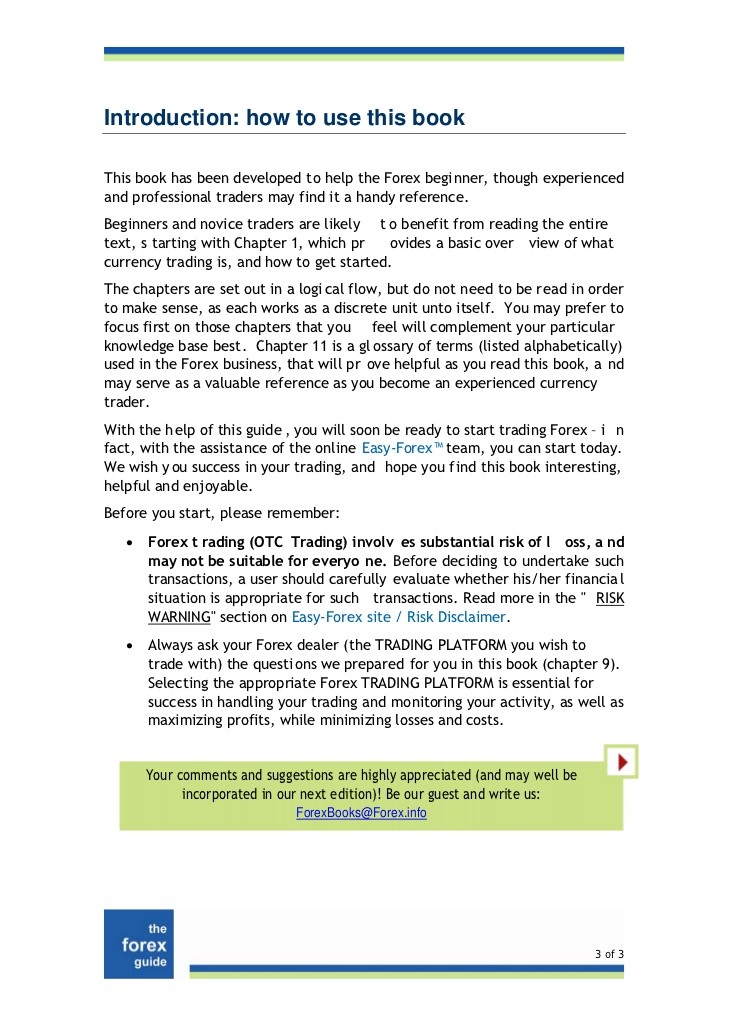A Beginner s Guide To Forex (FX) Hedging And Trading
Post on: 3 Апрель, 2015 No Comment

Currencies saw big moves last year — the euro strengthened, the pound weakened, the dollar was all over the place. If you had income and all of your investments in the UK you will have ended the year feeling poorer than you started it. No wonder many investors want to diversify their currency holdings or hedge their portfolios.
There are several ways you could do this, ranging from solutions that suit the buy-and-hold investor to alternatives that are more suitable for the active trader. At the passive end of the spectrum you could simply buy into one of the currency funds available. Some of them offer single currencies — Close and Fidelity manage funds in euro, dollar, Aussie dollar and Swiss franc, with the minimum investment at £1,500.
There are also managed funds such as Investec’s Managed Currency (Sterling) Fund. You could use that as an alternative to money market funds or cash in your portfolio or pension fund, giving you international diversification of your cash position. Charges for these funds are generally 1 to 1.5% a year.
However, while I can see the attractions of a managed fund, I don’t see any reason the single currency funds would beat an ETF. Remember that once you’ve paid the commission on buying an ETF, it has a much lower annual charge than a conventional OEIC, and ETFs are available for most currencies. Besides, you can hold ETFs in your main stock portfolio. That makes it easy to cross-check your currency exposure so that you can diversify properly.
For more active trading, you’ll need to understand something about the way currency markets work and what moves them. You’ll also need to be a fairly active trader — to be honest, I’ve always stayed out of active trading, since I know I can’t give my portfolio more than a once a week going-over.
What moves the markets? Economic news, of course, so you’ll need to know in advance the dates of expected announcements such as GDP and the balance of payments, or inflation. Politics, and policies — elections are an obvious example, but polls and internal party politics also move currency markets. And of course equity markets and interest rate decisions also have an impact. So there’s a lot of data you’ll need to be on top of, on a regular basis. Remember that every currency is traded against another, so that’s two loads of information you need — both UK and US, for instance, if you’re trading cable (dollar/sterling).
You have various options for currency trading. For instance, you could use either CFDs or spread betting to take a position on currencies. You can get huge leverage this way — your position can be up to 50 times bigger than your deposit.

Or you can decide to go for direct currency trading. Deutsche Bank now offers an online currency trading platform for private investors, requiring only a £5,000 deposit to get started [1] .
You’ll always be trading pairs, of course — dollar/sterling, dollar/euro, dollar/yen and sterling/euro are the most common pairings. You’re trading in ‘pips’ — hundredths of a penny — so infinitesimal changes in the rate, which you wouldn’t even notice when you’re changing your holiday money, can make you a profit (or, of course, a loss).
The best advice for starting out is to do your research carefully and stick to a few currency pairs that you know well. Fortunes are certainly to be made in Turkish lira — but do you really know enough about that market? (If you happen to be a Turk living in London, the answer might of course be yes.) The more exotic currencies also have lower liquidity and wider spreads, so you really need to know what you’re doing to overcome those disadvantages.
Finally, if you’re using currency investment to diversify, rather than being an active trader, make sure you don’t overcompensate without realising. If you have a 100% UK portfolio you might think you need a good dollar position to balance it. In fact, if you hold mainly larger FTSE stocks — let’s say Glaxosmithkline. Astrazeneca. Royal Dutch Shell B. and BP — you already have a substantial dollar exposure! You probably need more euros — or possibly more Vodafone Group !














